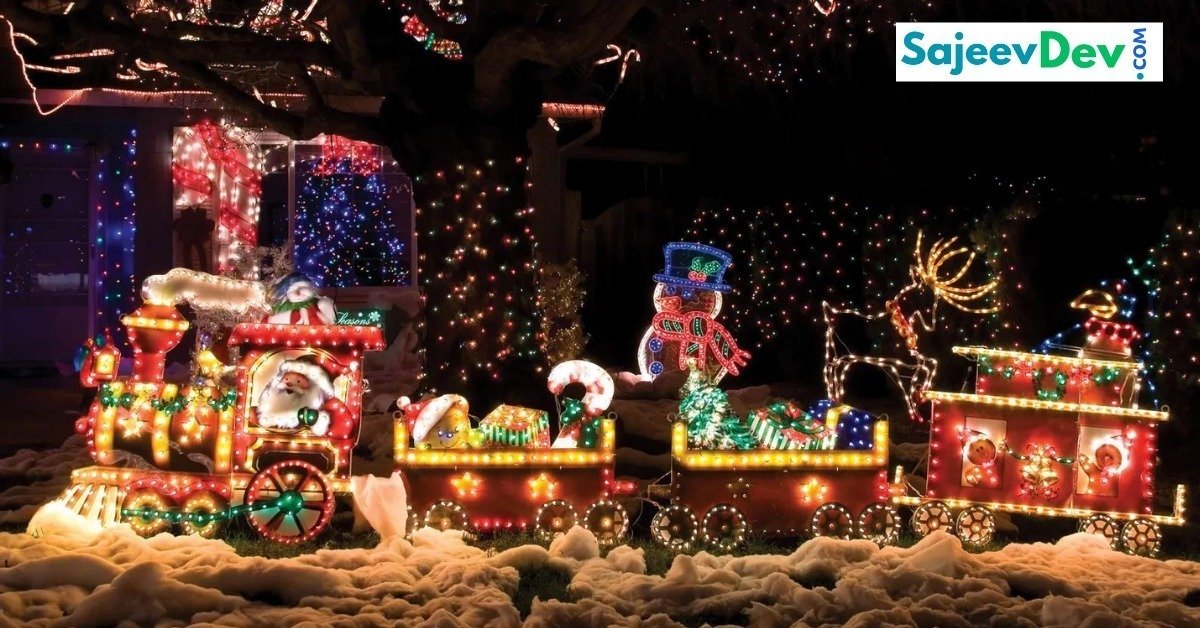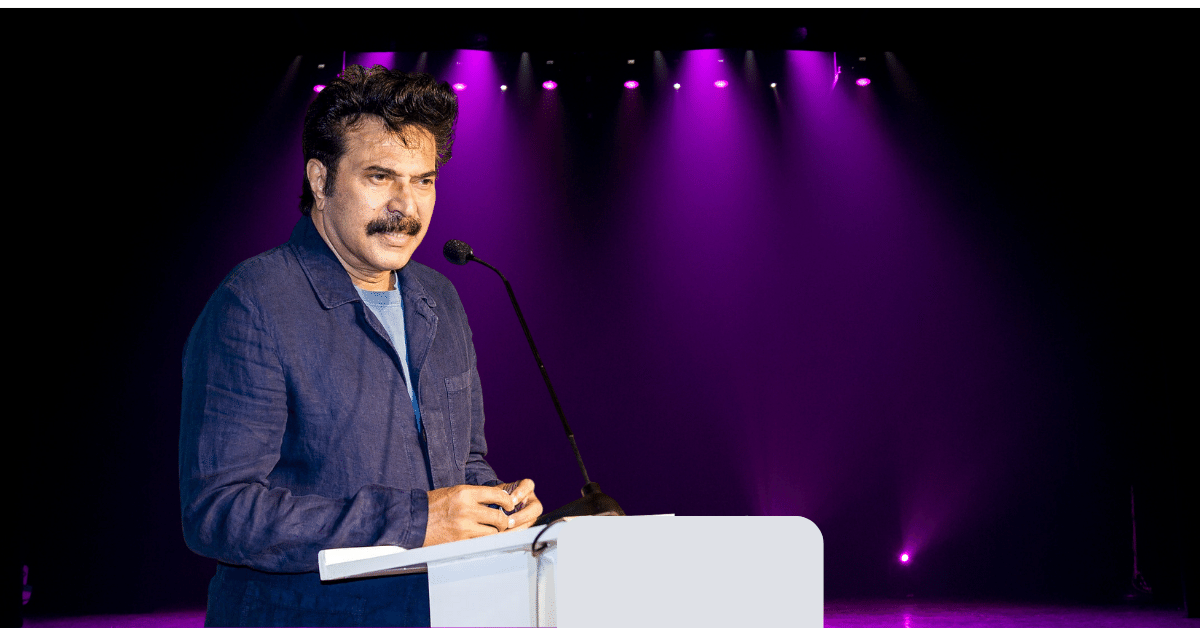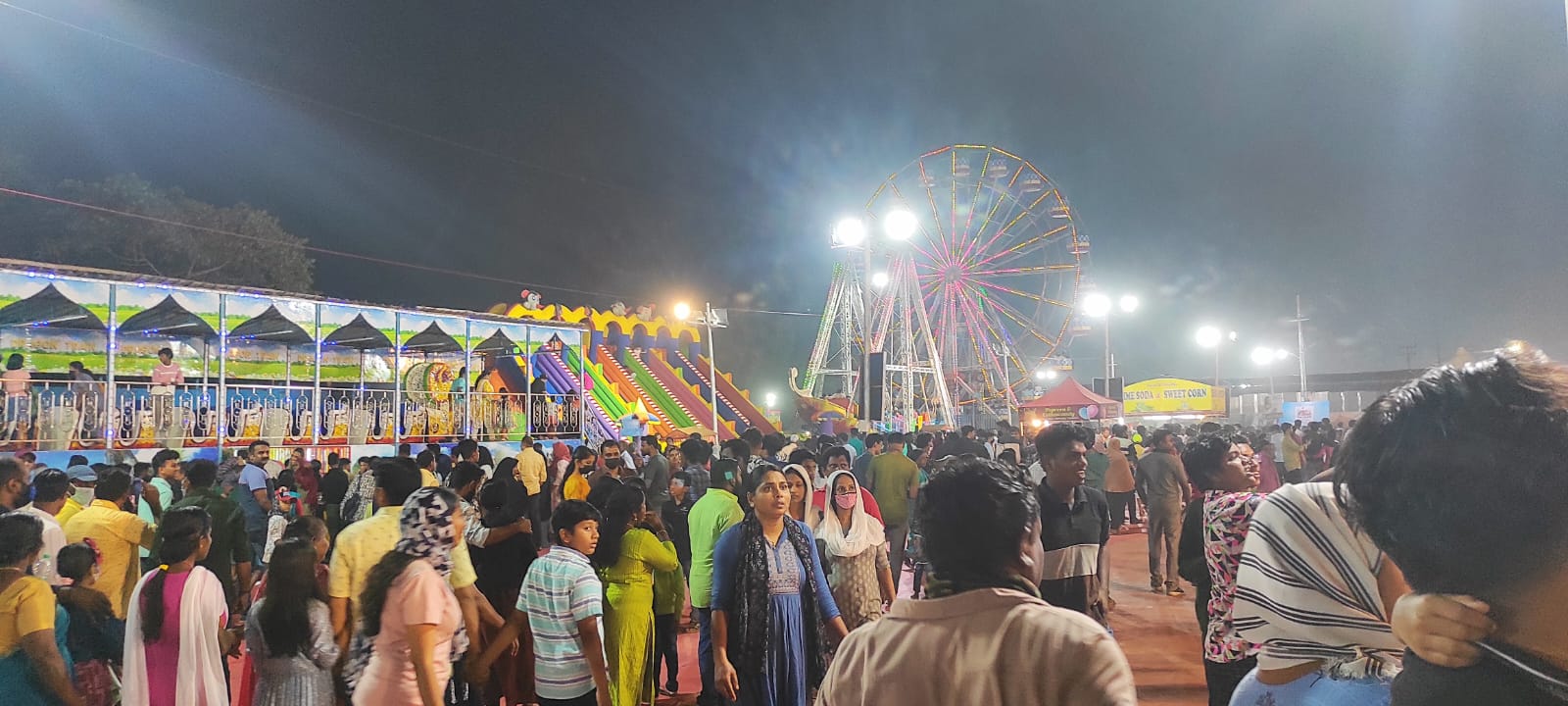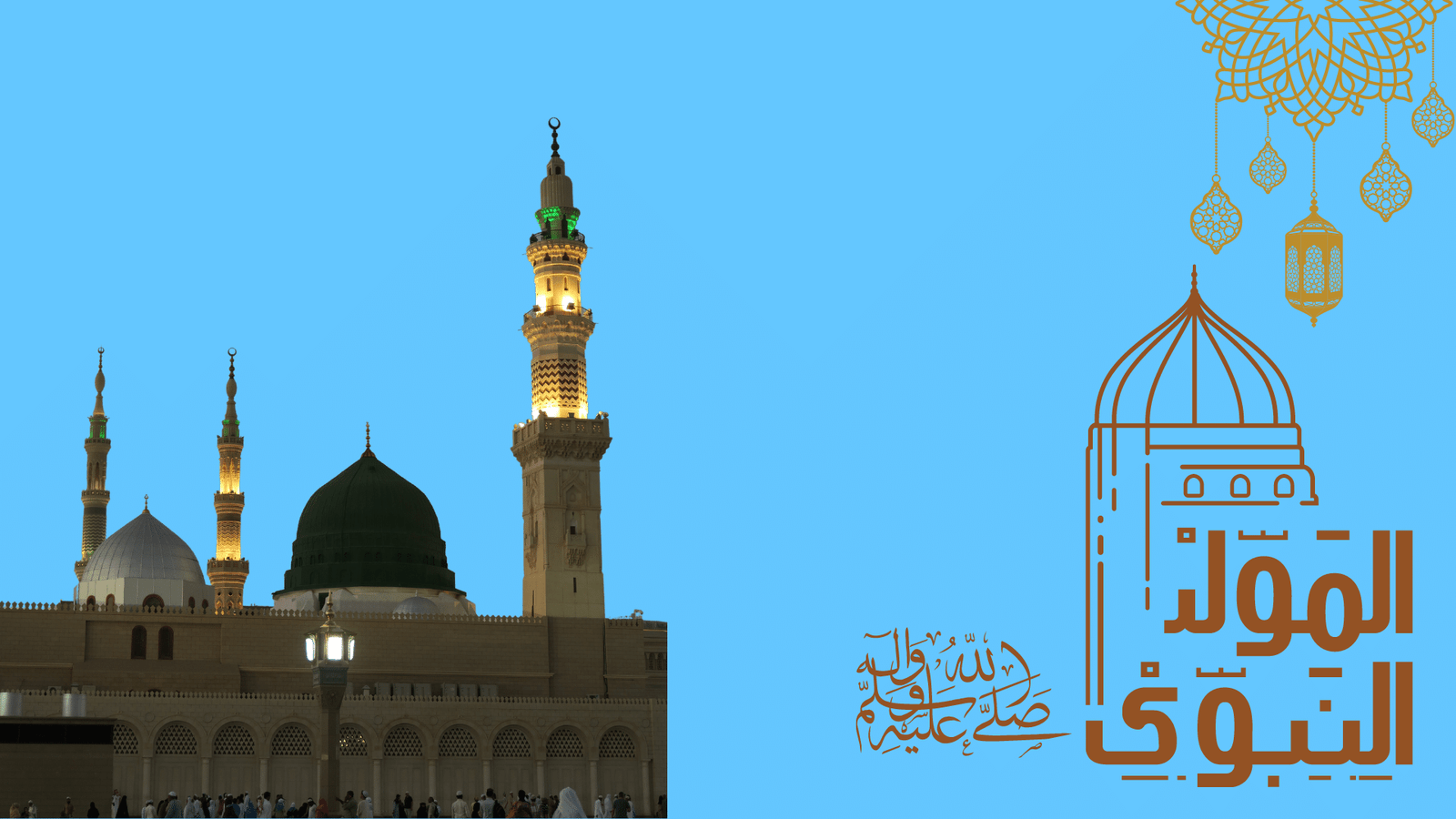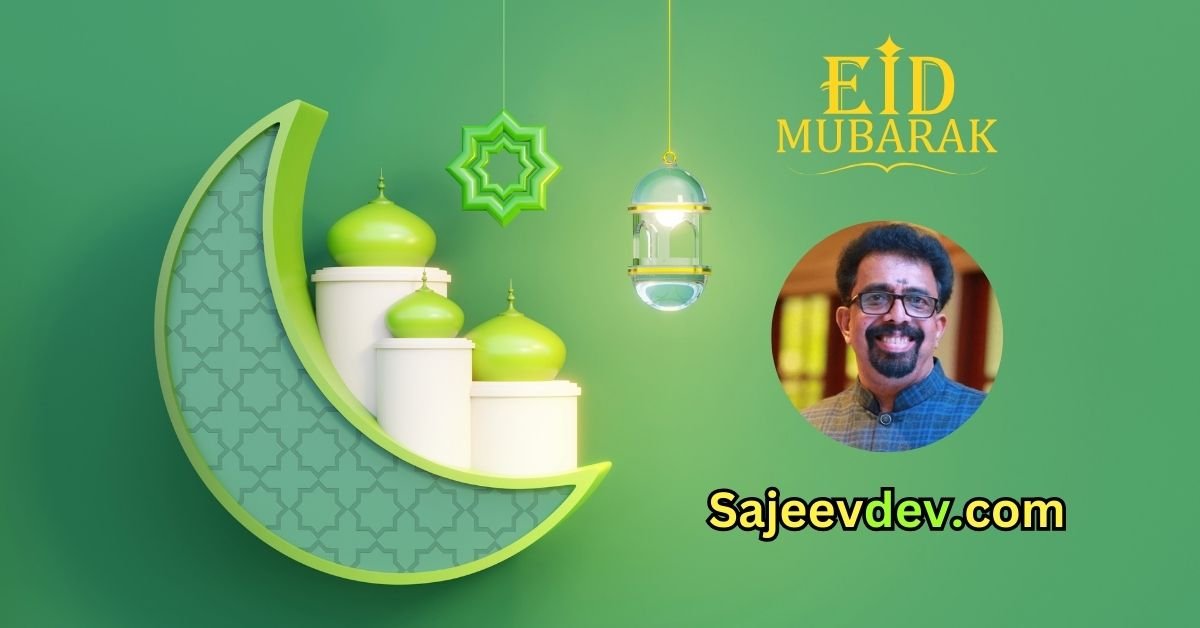
Celebrating Bakrid: A Personal Journey of Harmony and Unity
As I sit down to write this, the aroma of biryani wafts through the air, and the sound of joyful laughter fills our home. This is a special time of year for my Muslim friends and neighbors as they celebrate Bakrid, or Eid al-Adha. As a Hindu living harmoniously among Muslims, this festival holds a…


